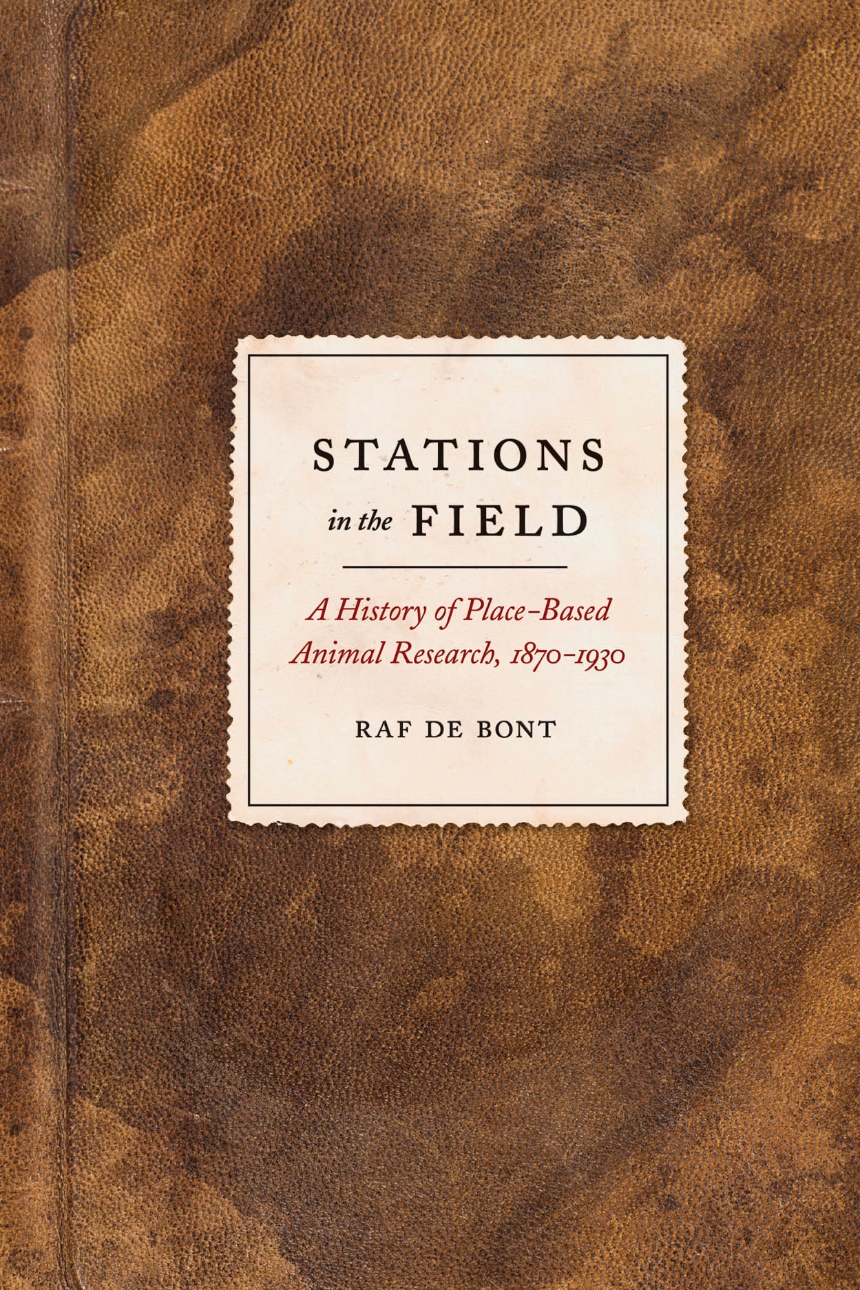Stations in the Field
A History of Place-Based Animal Research, 1870-1930
9780226142067
9780226141879
9780226141909
Stations in the Field
A History of Place-Based Animal Research, 1870-1930
When we think of sites of animal research that symbolize modernity, the first places that come to mind are grand research institutes in cities and near universities that house the latest in equipment and technologies, not the surroundings of the bird’s nest, the octopus’s garden in the sea, or the parts of inland lakes in which freshwater plankton reside. Yet during the late nineteenth and early twentieth centuries, a group of zoologists began establishing novel, indeed modern ways of studying nature, propagating what present-day ecologists describe as place-based research.
Raf De Bont’s Stations in the Field focuses on the early history of biological field stations and the role these played in the rise of zoological place-based research. Beginning in the 1870s, a growing number of biological field stations were founded—first in Europe and later elsewhere around the world—and thousands of zoologists received their training and performed their research at these sites. Through case studies, De Bont examines the material and social context in which field stations arose, the actual research that was produced in these places, the scientific claims that were developed there, and the rhetorical strategies that were deployed to convince others that these claims made sense. From the life of parasitic invertebrates in northern France and freshwater plankton in Schleswig-Holstein, to migratory birds in East Prussia and pest insects in Belgium, De Bont’s book is fascinating tour through the history of studying nature in nature.
Raf De Bont’s Stations in the Field focuses on the early history of biological field stations and the role these played in the rise of zoological place-based research. Beginning in the 1870s, a growing number of biological field stations were founded—first in Europe and later elsewhere around the world—and thousands of zoologists received their training and performed their research at these sites. Through case studies, De Bont examines the material and social context in which field stations arose, the actual research that was produced in these places, the scientific claims that were developed there, and the rhetorical strategies that were deployed to convince others that these claims made sense. From the life of parasitic invertebrates in northern France and freshwater plankton in Schleswig-Holstein, to migratory birds in East Prussia and pest insects in Belgium, De Bont’s book is fascinating tour through the history of studying nature in nature.
Listen to an audio interview.
320 pages | 44 halftones | 6 x 9 | © 2015
Biological Sciences: Natural History
Geography: Environmental Geography
History: European History, History of Technology
Reviews
Table of Contents
Introduction
Chapter 1. Stations and Other Places
Chapter 2. Naples: Indoor Sea Creatures
Chapter 3. Wimereux: Tide Pool Science
Chapter 4. From Wimereux to the Republic: Individuals and Their Environment
Chapter 5. Plön: A Lake Microcosm
Chapter 6. Rossitten: Moving Birds
Chapter 7. Brussels: Fieldwork in a Metropolitan Museum
Conclusion: Residents in the Field
Acknowledgments
Notes
Bibliography
Index
Chapter 1. Stations and Other Places
Chapter 2. Naples: Indoor Sea Creatures
Chapter 3. Wimereux: Tide Pool Science
Chapter 4. From Wimereux to the Republic: Individuals and Their Environment
Chapter 5. Plön: A Lake Microcosm
Chapter 6. Rossitten: Moving Birds
Chapter 7. Brussels: Fieldwork in a Metropolitan Museum
Conclusion: Residents in the Field
Acknowledgments
Notes
Bibliography
Index
